
Jaw bone is the strongest bone in your facial skeleton and it provides the essential framework to your facial features. Besides forming the mouth structure, the jaw bone helps us in speaking, chewing properly. The loss of bone in one or more parts of the jaw will affect various aspects of your oral health.
Mostly, jaw bone loss does not exhibit any signs in its initial stage. As the bone resorption progresses, it shows various warning signals such as wrinkles around the mouth, loose teeth, facial appearance changes, hardship in chewing.
Remember that bone loss in the jaw happens as a consequence of problematic oral conditions left untreated. Here our dentists have explained the common causes of jaw bone loss.
What causes bone loss in your jaw?
Our bones undergo the process of remodeling constantly. It involves removing the old bone (resorption) and add new bone in the required regions (ossification). When the resorption process occurs at a higher rate than the ossification process, it leads to bone loss.
Various factors that trigger such bone loss in your jaw are as follows:
1) Chronic Periodontal disease
Our teeth are embedded in the jaw bone. The progression of infection in the gum tissues will affect the tooth-supporting structures like ligaments, etc, When the microbes responsible for gum diseases affects the bone tissues, it will end up in teeth loss. If the missing teeth are not replaced promptly, jaw bone resorption will happen.
2) Missing teeth
As our natural teeth are embedded in the jaw bone, jaw movement activities such as biting, chewing will stimulate the jaw bone. When a tooth is extracted surgically or comes out due to gum diseases, that particular region of the jaw bone that anchors the missing tooth does not receive any stimulating force.
This makes bone in the jaw resorb slowly. Replacing the missing tooth or teeth with dental implants is mandatory.
Despite appliances like dentures, dental bridges and others are available to restore the missing teeth, they cannot embed in the jaw bone like your natural teeth. So those removable dental restorations cannot stimulate your jaw bone to prevent jaw bone loss.
3) Teeth Misalignment
People with crooked teeth and crowded teeth do not have an opposing tooth structure due to teeth misalignment. In such cases, the unopposed teeth will over-erupt with which intense pressure is applied on the jaw bone with regular activities like biting and chewing.
This will weaken the jaw bone and end in jaw bone loss or resorption.
4) Osteomyelitis
Osteomyelitis is a rare infectious condition that infects our bones. The bone marrow of our jaw is highly susceptible to this condition. When osteomyelitis happens, it should be treated immediately else the infection will become chronic and is followed by reducing the blood supply to the bone. It eventually kills the bone tissue.
The treatment procedure involves surgically extracting the infected regions of the jaw bone and later restore the extracted portion with a bone graft.
5) Tumors
Facial tumors and malignant mouth tumors are linked to jaw bone atrophy. When you notice any tumorous growth around your facial bone, contact your dentist immediately. Otherwise, the tumor will grow and spread to your jaw. In such cases, the infected jaw bone should require surgical removal to avert jaw bone loss.
6) Medical Conditions
Besides oral trauma and untreated dental diseases, jaw bone loss occurs as a consequence of certain medical conditions. The important ones to mention are:
- Osteoporosis – This is a bone disease that reduces the bone volume in our body and weakens the bone. People suffering from this condition will develop jaw bone atrophy.
- Paget’s disease of bone – It is a condition that interferes with our body’s normal recycling processes including bone remodeling. In such cases, it will cause an imbalance between the resorption and ossification leaving harmful impacts such as bone loss in the jaw, etc.
Bottom line
In general, missing teeth, untreated dental diseases, birth defects, various medical conditions, and certain lifestyle activities such as smoking are associated with jaw bone deterioration.
It is a treatable condition and can be addressed with bone graft surgeries. In the meantime, solutions like dental implants, socket preservation grafts help you to prevent jaw bone atrophy.

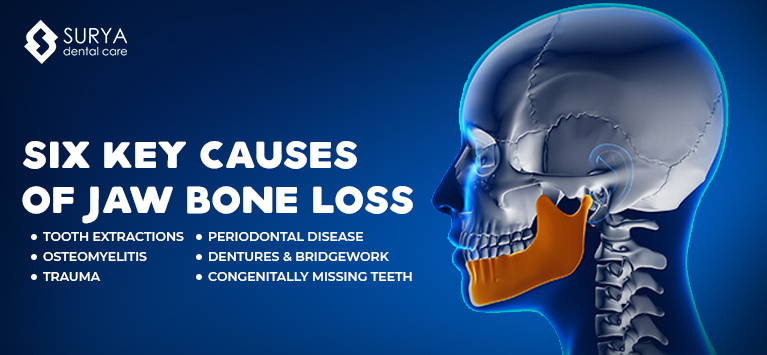





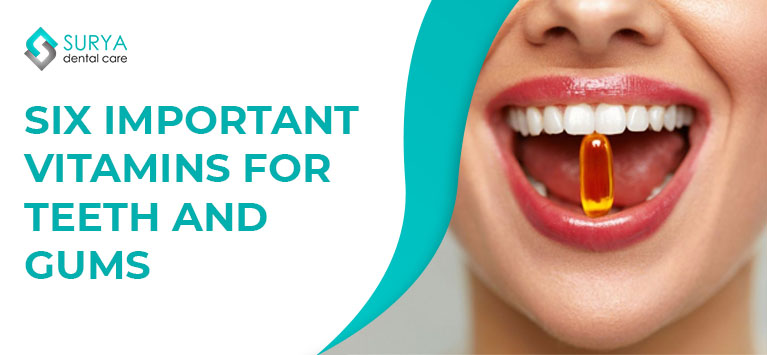
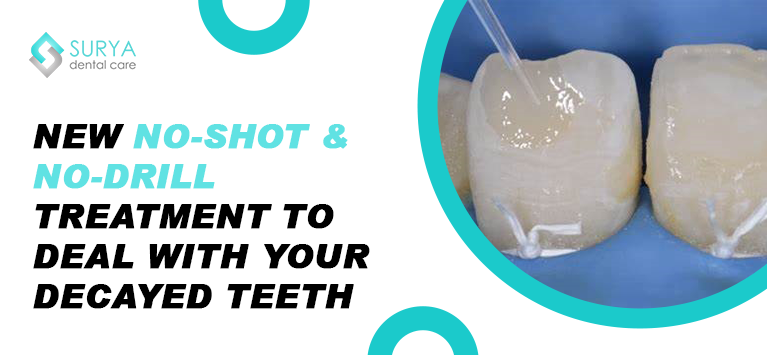





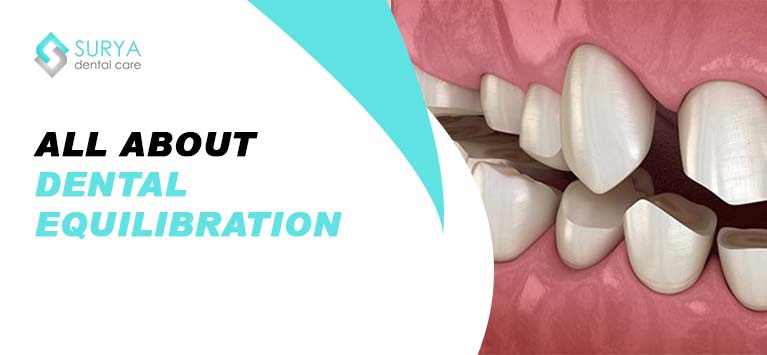
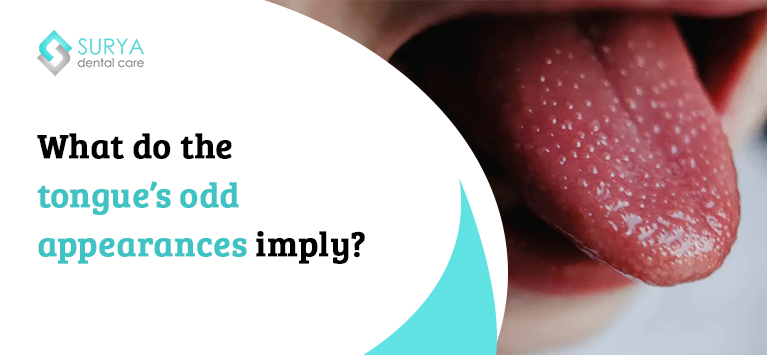


Leave a Comment